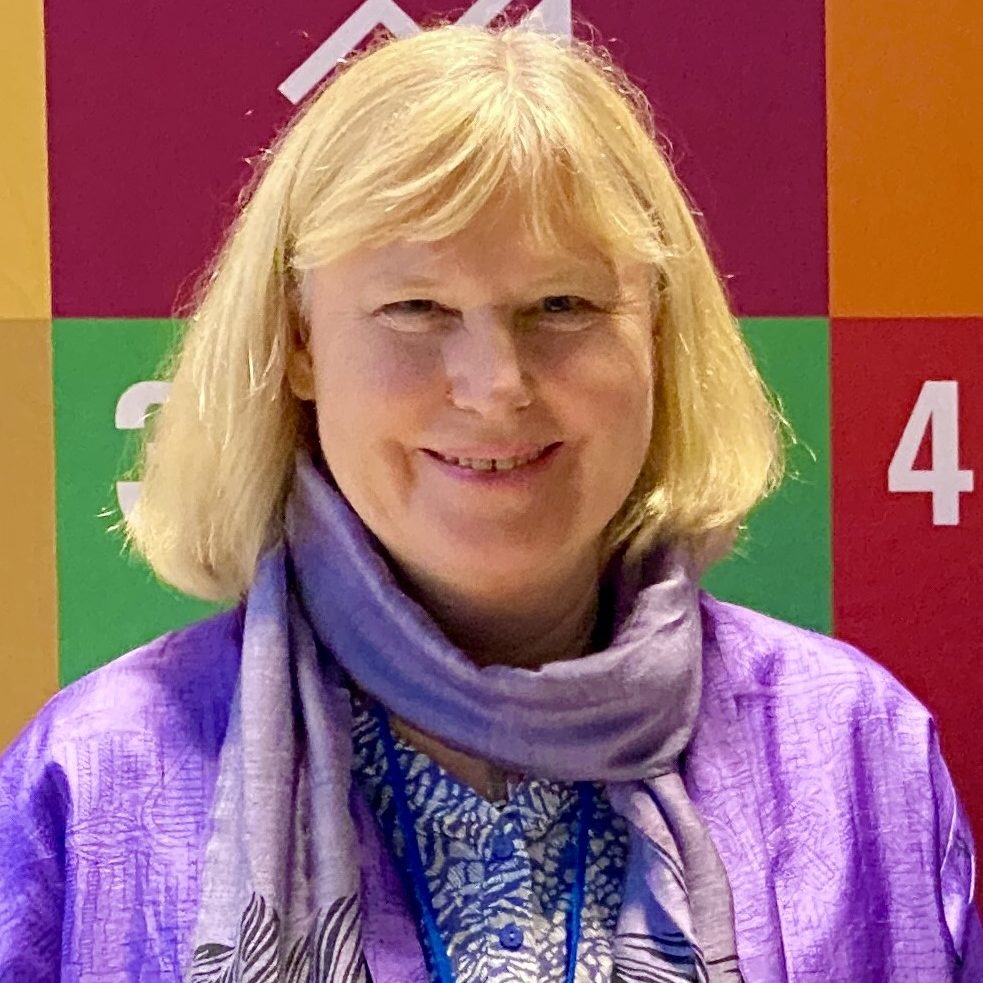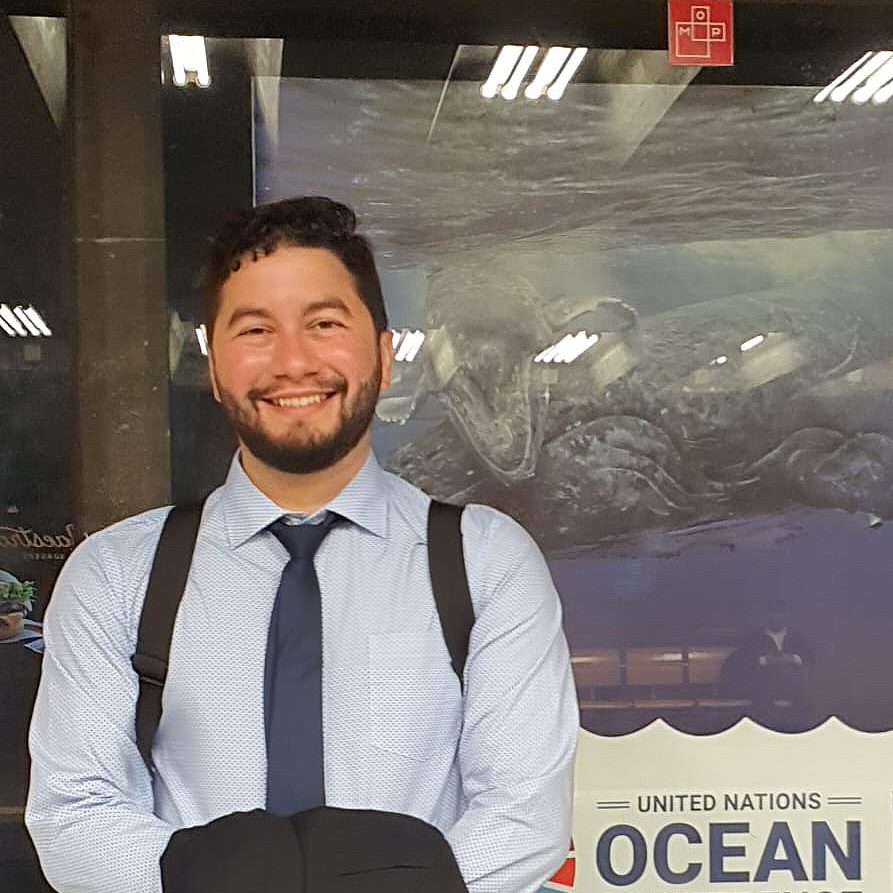Source to Sea

What you will learn
About this Course
Many of today’s greatest development challenges are due to the unforeseen impacts of actions that did not consider upstream and downstream connections. Existing governance systems are seldom designed to handle challenges that cross land, freshwater, coastal, and marine boundaries such as climate change, biodiversity loss, water stress, and pollution. These challenges cannot be addressed in isolation where the impact is being felt but may need to include actions outside the locality, sometimes hundreds or even thousands of kilometres away.
Source-to-sea management is a game-changing approach for addressing development challenges that cannot be solved by one sector or in one location.
It is a holistic and inclusive governance approach that recognizes environmental, economic, and social linkages between land, freshwater, coastal, and marine ecosystems. Unlike traditional governance systems that tend to focus on specific components or singular sectors, source-to-sea management strengthens cross-sectoral coordination and facilitates upstream-downstream collaboration.
This course was prepared by Cap-Net, SIWI and the Action Platform for Source-to-Sea Management
Objective
The course aims to empower practitioners with a comprehensive understanding of the source-to-sea concept, emphasizing its significance in addressing urgent global development issues and its alignment with international frameworks and processes.
Participants will delve into the practical aspects of source-to-sea management across various stages, gaining insights into the application of this approach. Through this training, we aim to illuminate key lessons learned, covering strengths, limitations, as well as opportunities and challenges associated with source-to-sea management processes derived from various case studies. Furthermore, participants will be equipped with in-depth knowledge about the Action Platform for Source-to-Sea Management, including its strategic partners and overall strategy.
Learning objectives
The course will enable participants to:
- Become familiar with the source-to-sea concept and framework as well as its definitions and key terminology.
- Understand the interconnectedness and identification of segments and the key flows within the source-to-sea continuum.
- Become familiar with the source-to-sea approach and elements of source-to-sea management.
- Become familiar with the needs and benefits of source-to-sea governance to global issues such as ocean health, sustainable development, global warming, pollution, biodiversity loss.
- Examine source-to-sea action on the ground to understand lessons learned from applying the source-to-sea approach to a projects.
Participants
The course is open to participants representing various stakeholder groups from the entire water sector worldwide:
- Stakeholders and professionals forming part of water management, civil society, river basin or international organizations; development programmes and members of UN organizations; and representatives of the private sector;
- Sustainable Development Goals focal points and facilitators within national governments.
- Decision makers, policy makers, and high-level professionals and managers active in governmental bodies;
- Capacity developers active in the fields of Water Management, Governance, Climate Action, amongst others.
Contents and approach
- Module 1 What is Source-to-Sea Management?
- Module 2 Why is Holistic Source-to-Sea Governance needed?
- Module 3 Applications of Source-to-Sea.
Within each module, participants encounter an introductory video alongside essential readings, which are complemented by supplementary resources.
These include valuable and current readings, videos, suggested websites, and real-world experiences. Additionally, participants have the opportunity to engage in vibrant forum discussions with fellow participants, fostering a connection between the course content and their own experiences.
It's important to note that successful completion of the module involves answering and passing the end-of-module test. This serves as a prerequisite for progressing to the next module and, ultimately, obtaining the certificate of completion at the conclusion of the course.
Course approval criteria and certificate
60% correct responses on the set of multiple-choice questions in each module. Participants who complete all modules will receive a certificate granted by the course organizers.
Answering multiple-choice questions at the end of each module is a condition to move on to the next module, completing the course, and receiving a course certificate. Participants have up to three chances to obtain at least 60% correct responses, and in all cases the platform will indicate the wrong answers.
Certificate
After completing the 3 modules, participants are invited to answer a short feedback survey of the course. Once this survey is answered, participants may download their certificate. Participation in the course, as well as the download of the certificate, has no costs for the participants.
Course Facilitators
Ruth Mathews
Ruth Mathews is a Senior Manager at Stockholm International Water Institute and has more than 25 years of experience in water resources management and sustainable development. Her background includes leading and implementing biodiversity conservation projects, supporting the private sector in understanding their water dependence in their operations and supply chains, and strengthening cross-sectoral governance and cooperation from source to sea. She has a deep knowledge of the impacts of human activities on riverine, coastal, and marine ecosystems and the steps needed to reduce those impacts through improved governance and bottom-up engagement.
At SIWI, she brings her holistic, pragmatic approach to building bridges between parties with diverse interests to find innovative win-win solutions to water challenges. She works with public and private stakeholders at all scales to promote the adoption of policy and practice that enable people and nature to flourish.
As Coordinator of the Action Platform for Source-to-Sea Management (S2S Platform), she provides strategic leadership to the multi-stakeholder initiative whose members strengthen partnerships across the land-water-coast-ocean continuum, grow understanding of the need for and benefits of source-to-sea management, build commitment to source-to-sea action and take action on the ground.
José Pablo Murillo
José Pablo Murillo is a Programme Manager at the Stockholm International Water Institute with close to 10 years of experience working in projects focused on environmental issues, resilience and sustainable development. Since he joined SIWI, José has supported the implementation of source-to-sea projects. He is also part of the Secretariat of the S2S Platform where he has collaborated with partners and friends of the Platform to develop knowledge and advocate to increase awareness of the need for source-to-sea management and accelerate implementation. Before joining SIWI, José was working in Costa Rica supporting initiatives focused on driving forward climate mitigation and adaptation at both the national and subnational level.
Course Partners
Stockholm International Water Institute (SIWI)
SIWI is a not-for-profit institute with a wide range of expertise in water governance – from sanitation and water resources management to water diplomacy. The Stockholm International Water Institute creates knowledge, develop capacity, and offer policy advice to countries, communities, and companies.
Action Platform for Source-to-Sea Management
The Action Platform for Source-to-Sea Management (S2S Platform) is a multi-stakeholder initiative to exchange and generate knowledge, and support joint action for improved management of land, water, coastal and marine linkages. The S2S Platform strengthens partnerships between sectors and expands the understanding of source-to-sea challenges and of the solutions that will lead to sustainable development. It builds commitment so that policies and finance stimulate source-to-sea action on the ground.
Cap-Net is an international network for capacity development in sustainable water management. It is made up of a partnership of autonomous international, regional and national institutions and networks committed to capacity development in the water sector. At Global level Cap-Net works with 23 regional and country level capacity development networks with about 1,000 member organizations in 120 countries, and numerous international partners. Cap-Net UNDP delivers training and education to water professionals in Asia, Africa, the Middle East, Latin America and the Caribbean.
![]() Language: English.
Language: English.
![]() Structure: 3 modules.
Structure: 3 modules.
![]() Level: Introductory.
Level: Introductory.
![]() Content: readings, videos, forums.
Content: readings, videos, forums.
![]() Time: 15 hours.
Time: 15 hours.
![]() Total time dedication: 3 - 4 weeks.
Total time dedication: 3 - 4 weeks.
![]() Certification: upon approval of quizzes.
Certification: upon approval of quizzes.


